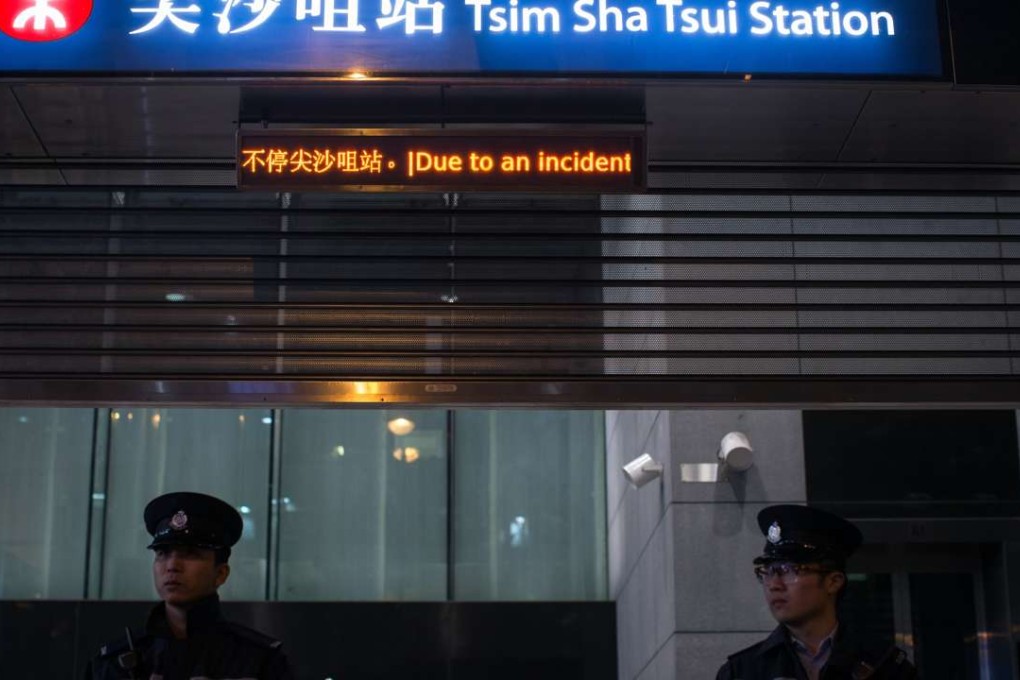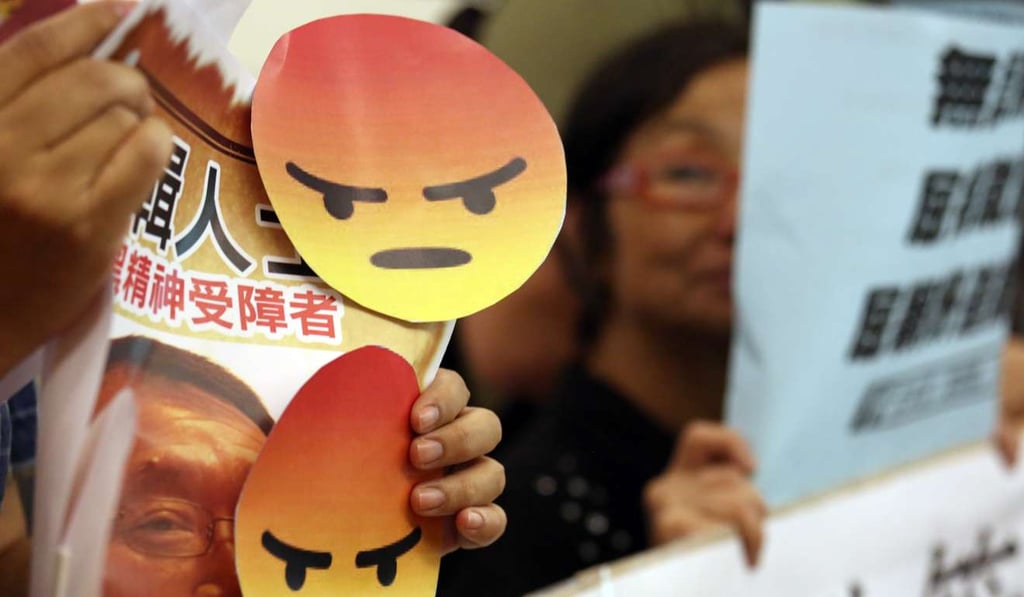Mentally ill in Hong Kong need more government support
Wong Kwong-lui says overworked and underfunded psychiatric services are an injustice to the often-marginalised mentally ill, and calls for greater support from both the government and society at large

Hong Kong currently has 200,000 people suffering from severe mental illnesses, of whom 48,000 have schizophrenia. While the Hospital Authority provides support for those deemed not stable, the case manager to patient ratio is very high. In 2015/2016, there were only 327 case managers for some 15,400 patients, a ratio of 1 to 50. In clusters with more serious staff shortages, the ratio goes up to one per 60 or even 70 patients.
MTR firebomb attack throws spotlight on mental health care

Hong Kong ranks 7th in mental health study, scoring lower than its Asian neighbours
It is unrealistic to expect that the number of case managers and related medical staff can be substantially increased within a short time, given that the services required involve specialist training. But the government can improve the situation in the short term by providing new kinds of treatment.